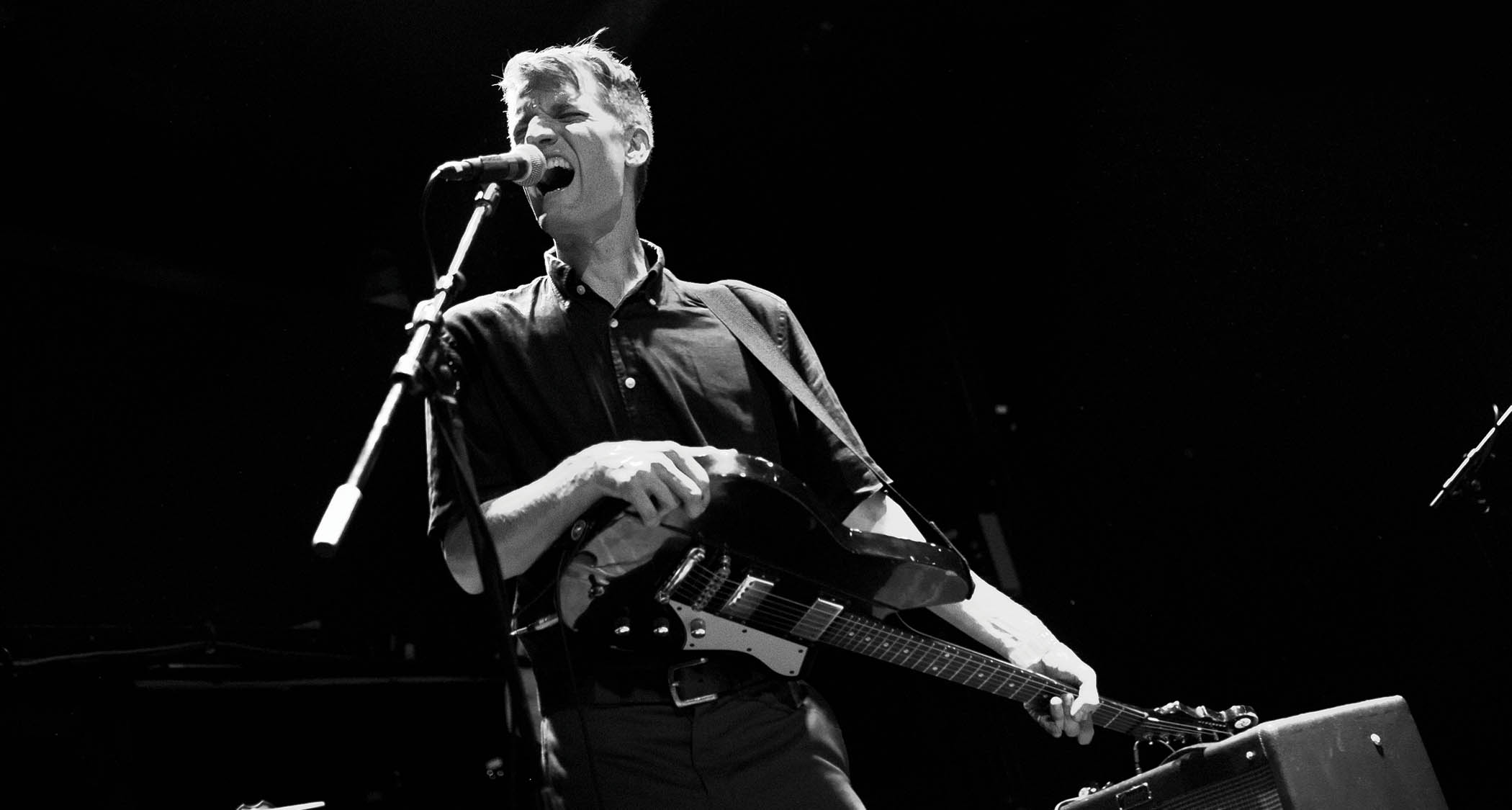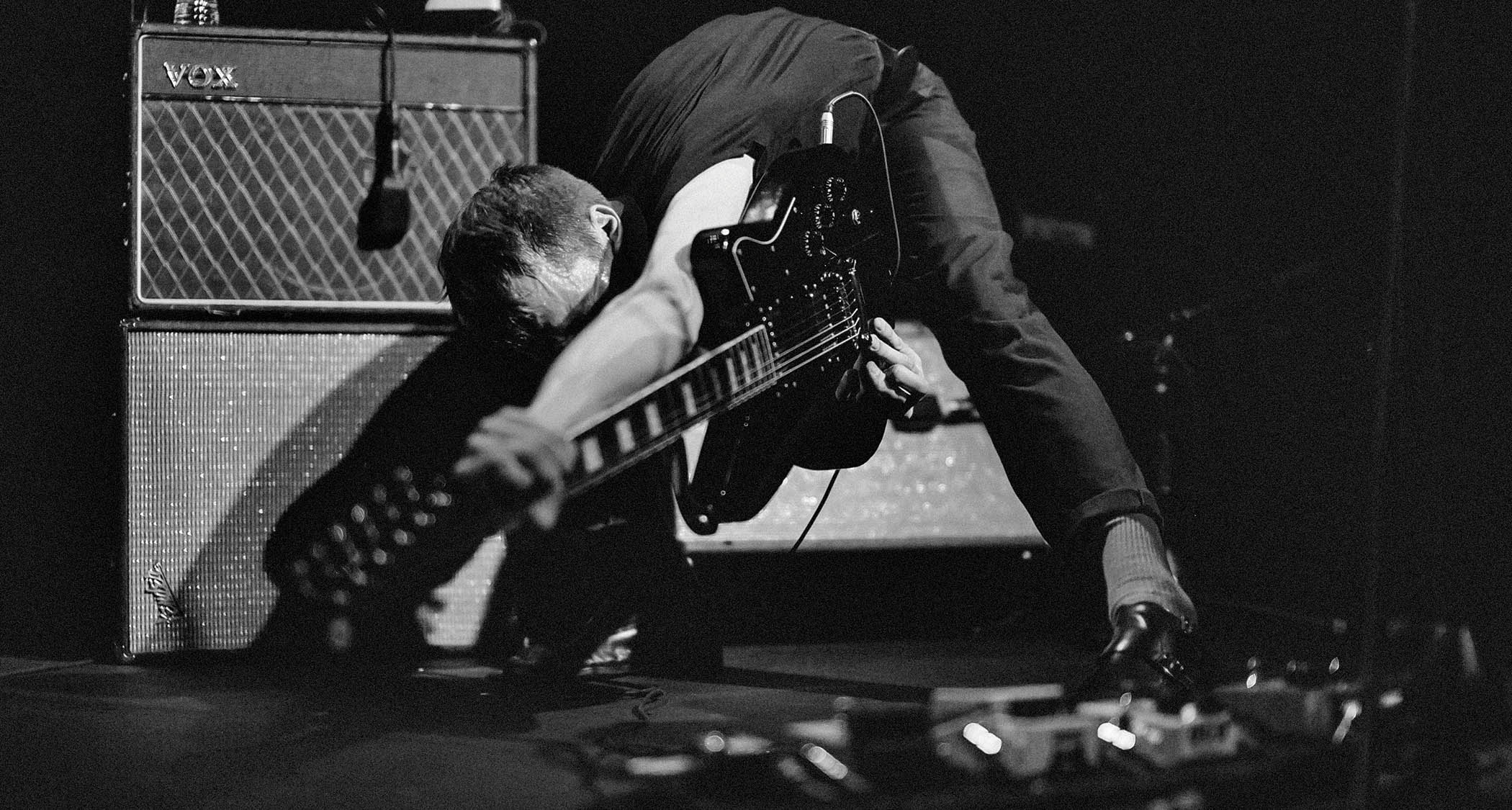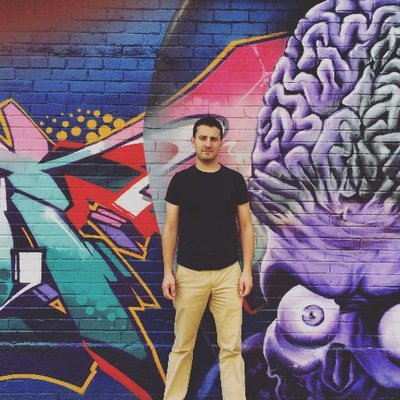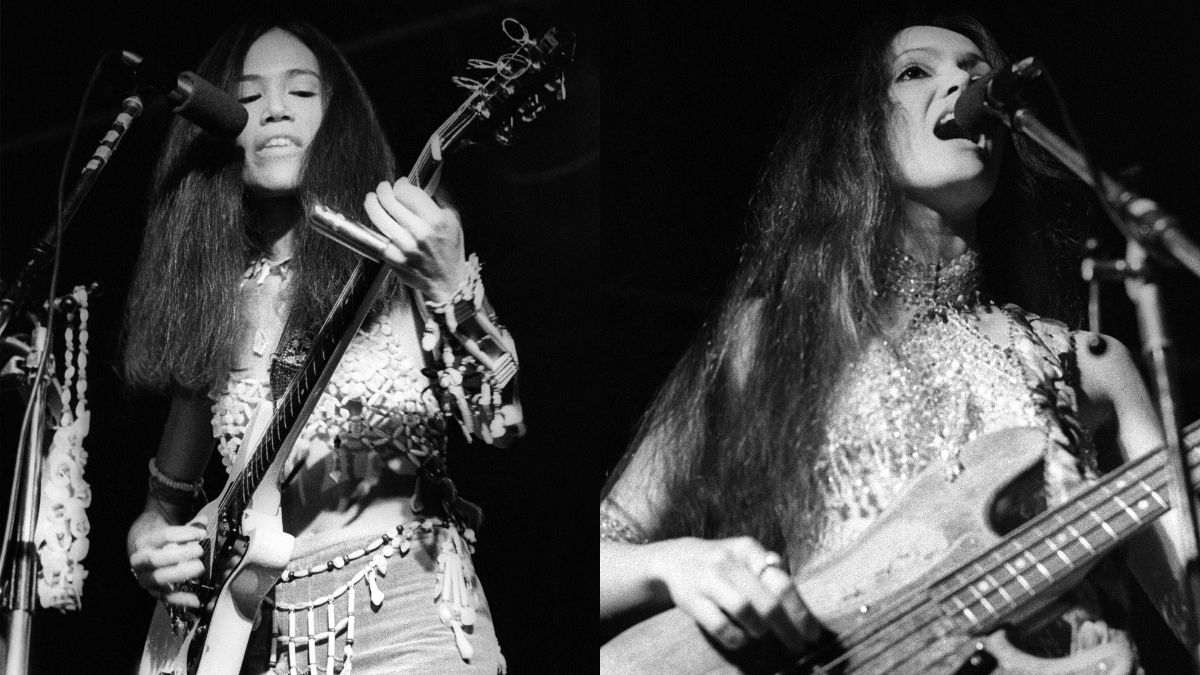“We love exciting experimental, electronic music that doesn’t even really allow guitars. The rock thing is something we’re trying to fit in”: The Wants’ Madison Velding-VanDam is reimagining jagged post-punk guitar over a genre-spanning sonic landscape
NYC’s the Wants return with Bastard, a sophomore album that transforms personal tragedy – and yeah, some additional bad luck – into a groundbreaking sonic landscape

All the latest guitar news, interviews, lessons, reviews, deals and more, direct to your inbox!
You are now subscribed
Your newsletter sign-up was successful
The American Dream is a simple one: if you work hard and are dedicated, eventually good things come your way. This is the myth we tell ourselves, whether you are a plumber, a lawyer or a band member.
The unfortunate truth is, luck can play a huge role in success. Sometimes your band is in the right place at the right time. And sometimes you find yourself like the Wants, in exactly the worst possible place at the worst possible time.
In 2020, the band was wrapping up a European tour in France, when they suddenly found their entire future in doubt as a mysterious virus began to go international. It’s only now, five years later, that the band seems poised to finish their recovery.
“Even though it was five years, we were working the whole time, and it’s not something I like to dwell on, but we were about as unlucky as you can be with Covid,” says guitarist and vocalist Madison Velding-VanDam. “The pandemic began on Friday the 13th, the day our album came out in 2020.”
Like so many other working bands, the pandemic ended up costing the Wants precious time, as the members weren’t able to further tour behind their debut, Container. Despite those lost opportunities, there was a silver lining. It gave them ample time to regroup and refine a new batch of songs.
On the band’s much-anticipated sophomore album, Bastard, they continue exploring the mashup of post-punk and dance music they pioneered on Container, but they take it much further. Where Container was often sparse, Bastard is layered and lush, with soundscapes taking up space in the sonic landscape.
It’s an evolution made possible by the addition of a new member, NightNight mastermind Yasmeen Night, who brought not just her expertise in analog synths but a melodic sensibility steeped in her classical training.
All the latest guitar news, interviews, lessons, reviews, deals and more, direct to your inbox!
We tried to push ourselves beyond where we were as a band
Her synths combine with Velding-VanDam’s angular guitar lines to create deep and dreamy worlds of sound that provide a fitting backdrop for the pithy and occasionally bleak lyrics.
“We tried to push ourselves beyond where we were as a band to see if we could really define our own sound and explore some different things,” Velding-VanDam says.
Among those explorations was a search into his own troubles. The world’s been a fucked-up place for the last little while, and the frontman got more than his share of that pain. Just before lockdowns began in 2020, Velding-VanDam had the misfortune of seeing his father pass away, and his fight to come to terms with that death are all over Bastard.

“He sort of deteriorated, and I saw a version of my own life in him, because we had some similar temperaments,” the singer says. “He was brilliant in a lot of ways but also allowed himself to descend, and I saw a version of myself in that, and I was like, I can’t do that, I can’t let that happen – and I can stop myself.
“I think there was no choice but to reflect on that, coinciding with this big open-ended space of the Covid lockdowns.
“We were all sitting in our apartments, reflecting. I think I needed to purge the darkness, in a way, and this record definitely was a purge, and I think it was a necessary one. I feel like I’m in a much better place because of how much of my own self I put into this record.”
To dive into such dark topics, Velding-VanDam approached the songs not as a guitarist first, but as a songwriter. As the songs came together, synth or bass parts could become guitar parts and vice versa. His instinct isn’t to shred with a guitar in his hand, but to use the instrument “like it’s my piano. It’s a writing tool,” he says.
My gear situation is actually really simple and minimal, and I’ve had the same pedal setup for years
“They’re completely different processes for me at this point. It wasn’t always this way, but it’s where I think I’ve found my own voice. I have this style of guitar that I’ve honed by playing live a ton and adding a lot of different textures, like feedback and percussion and really articulated downstroke riffs. But that is really something I only lean into once I feel like the song has really come to life.”
To facilitate that approach, Velding-VanDam relies on a relatively sparse setup. There’s a Fender Tone Master amp, which he likes because “they don’t destroy your back.” He sticks to Reverend guitars, due partly to his loyalty as a fellow product of Michigan but also because of their unique looks and sound.
His pedalboard is also a product of efficiency, with an MXR Dyna Comp compressor and TC Electronic Echobrain analog delay taking up a good chunk of the signal chain.
“My gear situation is actually really simple and minimal, and I’ve had the same pedal setup for years,” he says. “It ultimately was like, What can I fit on the smallest Pedaltrain [pedalboard] so I can take it as a carry-on when we go on tour? That was kind of how it ended up the way it did.”
The gear might not be plentiful, but the horizons it allows Velding-VanDam and his cohorts to explore are vast. Having taken such a big step on Bastard, they are poised to continue melding genres in new and exciting ways.
“We love exciting club, experimental, electronic music that just doesn’t even really allow guitars in a lot of ways,” he says. “So we’re always like, we don’t want this to be too rock. And the rock thing is something we’re trying to fit in.
“That said, I think this record turned out kind of rock in some ways, but we were really chasing something where the guitar wasn’t the primary aspect.”
- Bastard is out now via STTT.
- This article first appeared in Guitar World. Subscribe and save.
Adam is a freelance writer whose work has appeared, aside from Guitar World, in Rolling Stone, Playboy, Esquire and VICE. He spent many years in bands you've never heard of before deciding to leave behind the financial uncertainty of rock'n roll for the lucrative life of journalism. He still finds time to recreate his dreams of stardom in his pop-punk tribute band, Finding Emo.
You must confirm your public display name before commenting
Please logout and then login again, you will then be prompted to enter your display name.




